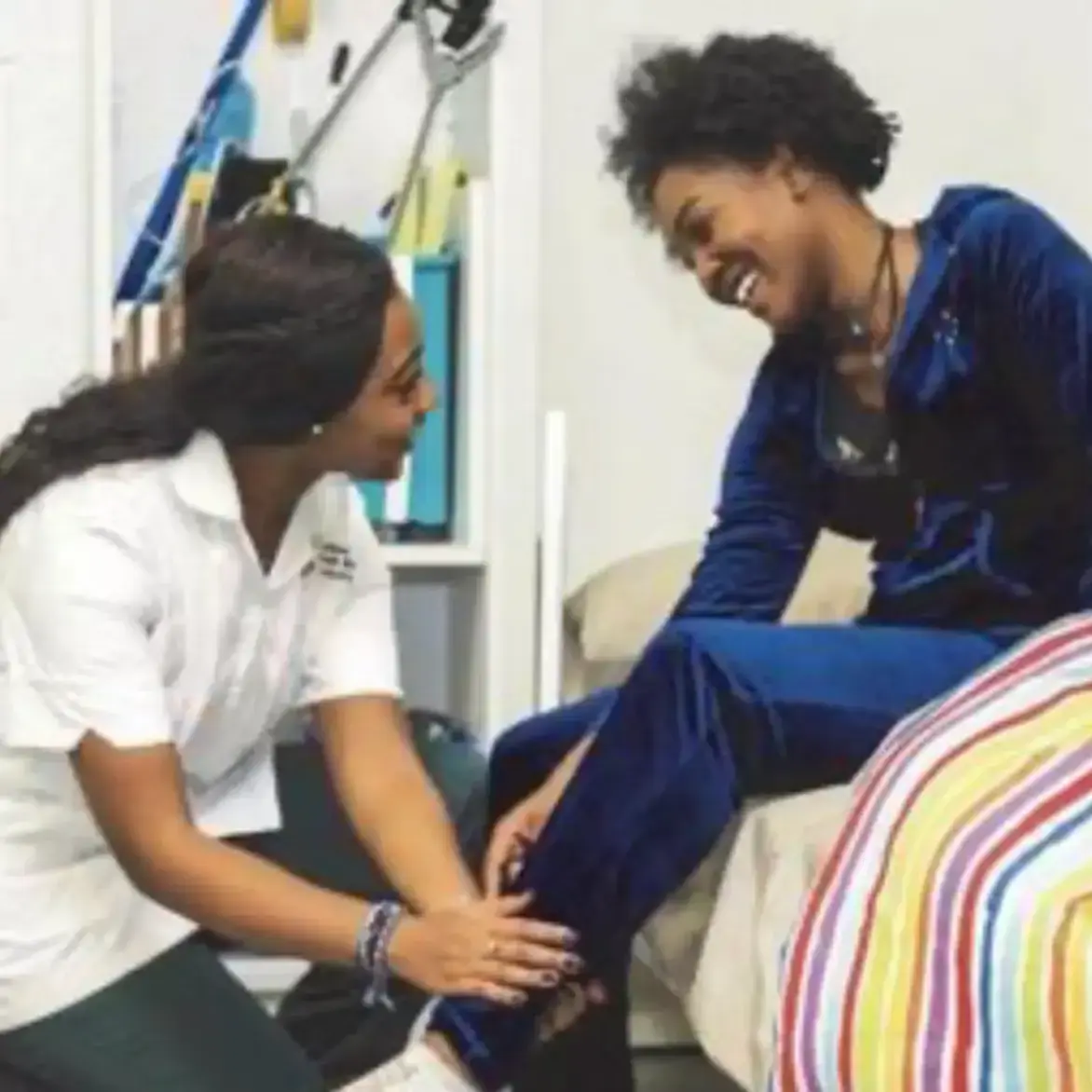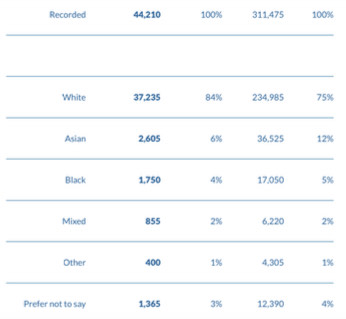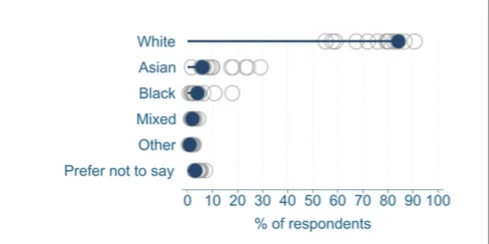Occupational therapy (OT), an often overlooked but essential healthcare profession, has long experienced an absence of inclusivity. Whilst OTs work tirelessly to help their patients regain independence and improve their quality of life, there is a silent struggle with little to no recognition for B.A.M.E OTs within a predominantly white profession in the UK. This injustice has become a significant topic of discussion for this small community in hopes of driving change. Despite the dedication of B.A.M.E OTs, they face racial and systematic barriers along with a lack of diversity and representation, leaving many feeling isolated and undervalued within their careers.
The struggles of B.A.M.E nurses and doctors within the NHS are often covered in the UK media, yet many remain unaware of what occupational therapy is and how crucial their job is for our society and those in need.
This article will explore the experiences of B.A.M.E OT professionals sharing their stories. I interviewed two occupational therapists from the B.A.M.E OT community in the UK, and they gave me a better insight into the realities of their hardships battling racism and discrimination.
What is Occupational Therapy?
I spoke to Anne-Marie Fadare, a London-based occupational therapist. I asked Anne-Marie how she would best describe her work, to which she replied, “We assist people in need struggling to do what they want to do, have to do, and need to do”. ‘Occupational therapy aims to improve your ability to do everyday tasks if you're having difficulties’. People are entitled to occupational therapy through the NHS listed on the website. OTs work in various settings, such as the NHS, social care, schools, education, prisons, voluntary, community and social enterprises (VCSE), and private practice. “We help people get back on their feet after life-changing illnesses, accidents, and those who have disabilities and other health conditions.” Anne-Marie says, “We are a healthcare profession that is trained in both physical and mental health.”
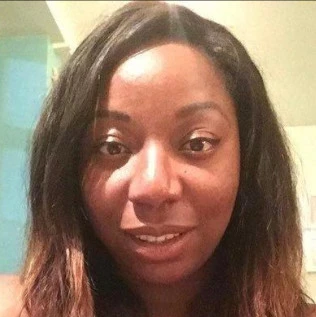
The obstacles B.A.M.E OTs are facing
I sat down with occupational therapist Dr Blaine Robins, who currently works as a senior lecturer at Leeds Beckett University, and talked about his experiences working in this field for over three decades. During this time, Blaine has navigated dealing with racial discrimination in the workplace. “I have navigated these issues through a lot of self-reflection, speaking openly, and bottling it all up. I used just to absorb these traumatic experiences and then be in denial, which left me with trauma.”
A survey conducted in January 2024 on diversity data within occupational therapy found that only 10% of the UK’s occupational therapists were of Black and Asian heritage. “People at the top are predominantly white, and people at the bottom are predominantly black; we should not be happy with this when many of us have the abilities to be in these higher roles.” Dr Blaine Robins explains.
“The NHS is one of the biggest recruiters for Black, Asian, and other minority ethnic communities in the UK, but when exploring national surveys, the most dissatisfied people in the NHS are Black, Asian and other minority ethnic communities.”
What is changing in this profession?
“We need to be in a position where we love one another, support one another, and see each other human beings. Then there will be a change.” The Royal College of Occupational Therapists (RCOT), a professional membership organisation for OTs in the UK, held a ‘BAME Big Conversation’ on the 6th July 2020, in which concerns over their reporting and conversation stances were discussed. One of the issues discussed was the importance of representation within RCOT staff members. Although 16% of RCOT staff employed at that time were members of the B.A.M.E community, none were in senior leadership roles. During this conversation, RCOT reassured that B.A.M.E OTs are welcome to apply for these roles, but it was stressed that B.A.M.E members might face barriers their white colleagues may not experience. As a result of this concern being raised, RCOT was encouraged to look inward to ensure staff members are taking responsibility for learning about racial inequality and are aware of their biases. It wasn’t until 2021 that a Black and an Asian person were elected to serve in a senior leadership role on the RCOT council (Kalimah Ibrahiim and Dr Kee Hean Lim), and in 2022 the first Black Chair, Odeth Richardson, was elected.
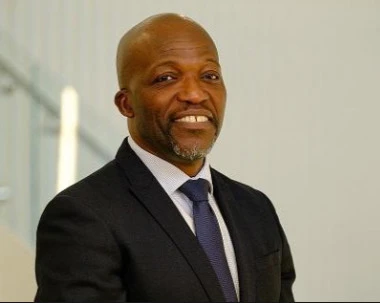
Several participants in this meeting shared their personal experiences of racial discrimination within their workplace and during their time in education and training to become an OT. These experiences have caused trauma in both their personal and work lives and meant that they would have had to work a lot harder than their white counterparts.
B.A.M.E OTs creating their own British media platform
Although occupational therapy is an under-represented profession in the British media, OT’s have taken it into their own hands to represent themselves; with news outlets such as ‘OT Today’ and ‘OT News’, RCOT’s magazine, they have created their own platforms.
B.A.M.E OTs have also established their own platform to drive change within the profession, ‘B.A.M.E OT UK’. This network has established a safe space for discussions, support, activism, teaching, and learning. They have built a community of B.A.M.E OT’s who have begun a podcastdiscussing vital issues within the profession and the systematic racism they face daily. B.A.M.E OT UK Network explains, ‘We act in the pursuit of equal opportunities, equity, justice, diversity and belonging’.
“Advocacy networks such as B.A.M.E OT UK and their platforms will help shape our community into a tolerant, inclusive, and understanding space. I feel heard, and that was the goal.” Fadare says.
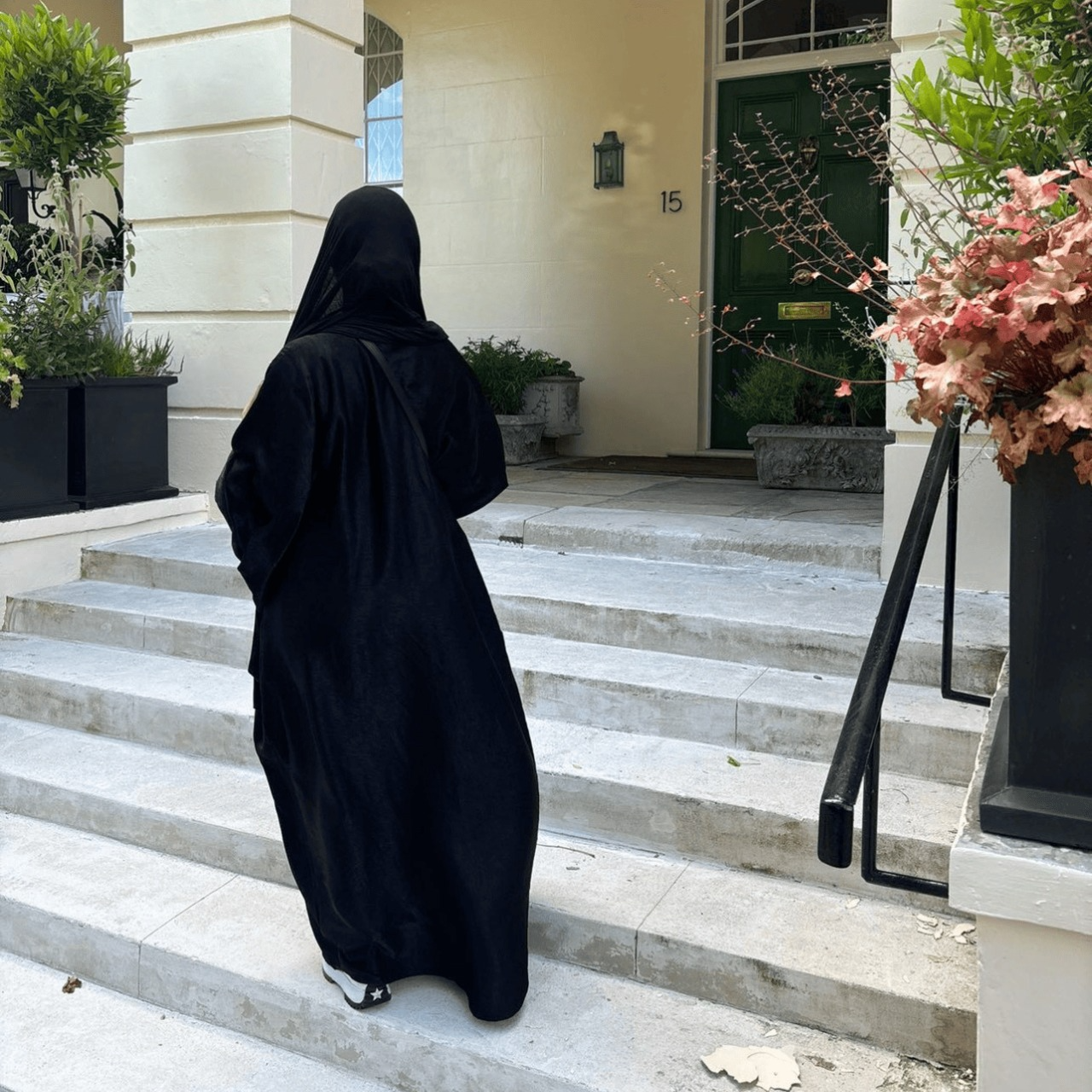 Israa
Elmousa
Israa
Elmousa